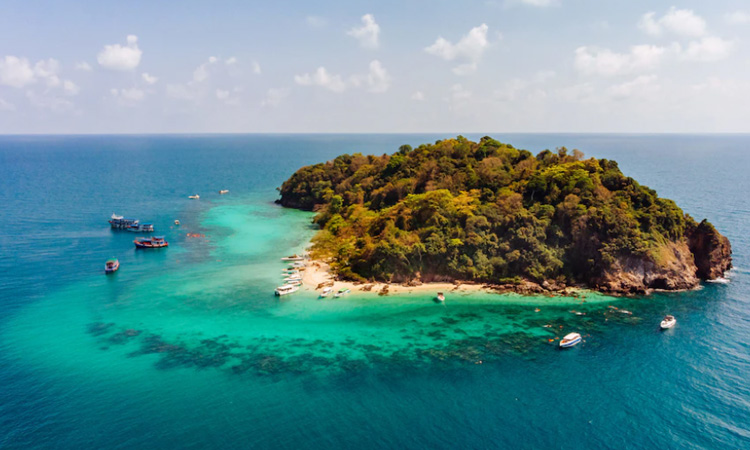The global narrative on climate change has predominantly been shaped by the actions and inactions of major industrialized nations. However, in recent times, a new dimension has been added to this discourse. Small-island nations, some of the most vulnerable entities to the impacts of climate change, are taking a bold stance against heavy polluters. This emerging dynamic presents both a legal and moral challenge to the global community.
The Vulnerability of Small-Island Nations:
Geographically, small-island nations are often low-lying, making them particularly susceptible to sea-level rise. Many of these nations, such as the Maldives, Kiribati, and Tuvalu, face existential threats from rising ocean levels. Beyond the immediate threat of submersion, these nations grapple with saltwater intrusion, which affects freshwater resources and agricultural lands, and more frequent and severe weather events.
The Culprits: Heavy Polluters:
While small-island nations contribute minimally to global greenhouse gas emissions, they suffer disproportionately from the consequences. The primary culprits, heavy polluters, include major industrialized nations and multinational corporations. Their historical and ongoing emissions have accelerated global warming, leading to the melting of polar ice caps and the thermal expansion of the oceans.
Legal Recourse Under the Law of the Sea:
In a groundbreaking move, small-island nations are resorting to legal mechanisms to hold heavy polluters accountable. The United Nations Convention on the Law of the Sea (UNCLOS) provides a framework for the peaceful resolution of disputes related to ocean space. By invoking provisions under UNCLOS, these nations aim to highlight the environmental degradation caused by heavy polluters and seek reparations.
Challenges in the Legal Arena:
While the legal route offers a glimmer of hope, it is fraught with challenges. Establishing direct causality between emissions by specific entities and environmental impacts on specific islands is complex. Additionally, the legal process is time-consuming and expensive, with no guaranteed outcomes. Moreover, powerful nations and corporations possess significant legal and diplomatic resources to counter such claims.
Moral Implications and Global Solidarity:
Beyond the legal realm, this standoff between small-island nations and heavy polluters underscores a broader moral issue. The principle of ‘common but differentiated responsibilities’ enshrined in international environmental agreements recognizes that while all nations have a role in addressing climate change, historically industrialized nations bear a greater responsibility. The actions of small-island nations amplify this call for justice and equity in global climate action.
The Way Forward:
For small-island nations, the fight against heavy polluters is not just about legal victories or financial reparations. It’s a fight for survival, identity, and cultural preservation. The global community must recognize and support their cause. This includes:
- Strengthening International Frameworks: Enhancing international agreements to provide clearer pathways for vulnerable nations to seek justice.
- Financial Support: Establishing funds to support legal battles and also to aid in mitigation and adaptation efforts for these nations.
- Technological Assistance: Providing technological solutions to combat the effects of climate change, such as infrastructure to combat sea-level rise.
- Diplomatic Solidarity: Larger nations supporting the cause of small-island nations in international forums, amplifying their voices.
The standoff between small-island nations and heavy polluters is emblematic of the broader challenges in global climate action. It’s a reminder that the impacts of climate change are not evenly distributed and that those least responsible are often the most affected. As the world grapples with the urgency of the climate crisis, the courage and resilience of small-island nations offer a beacon of hope and a call to action. Their fight is not just their own; it’s a fight for the very soul of our shared planet.
Next On Your Reading List:


